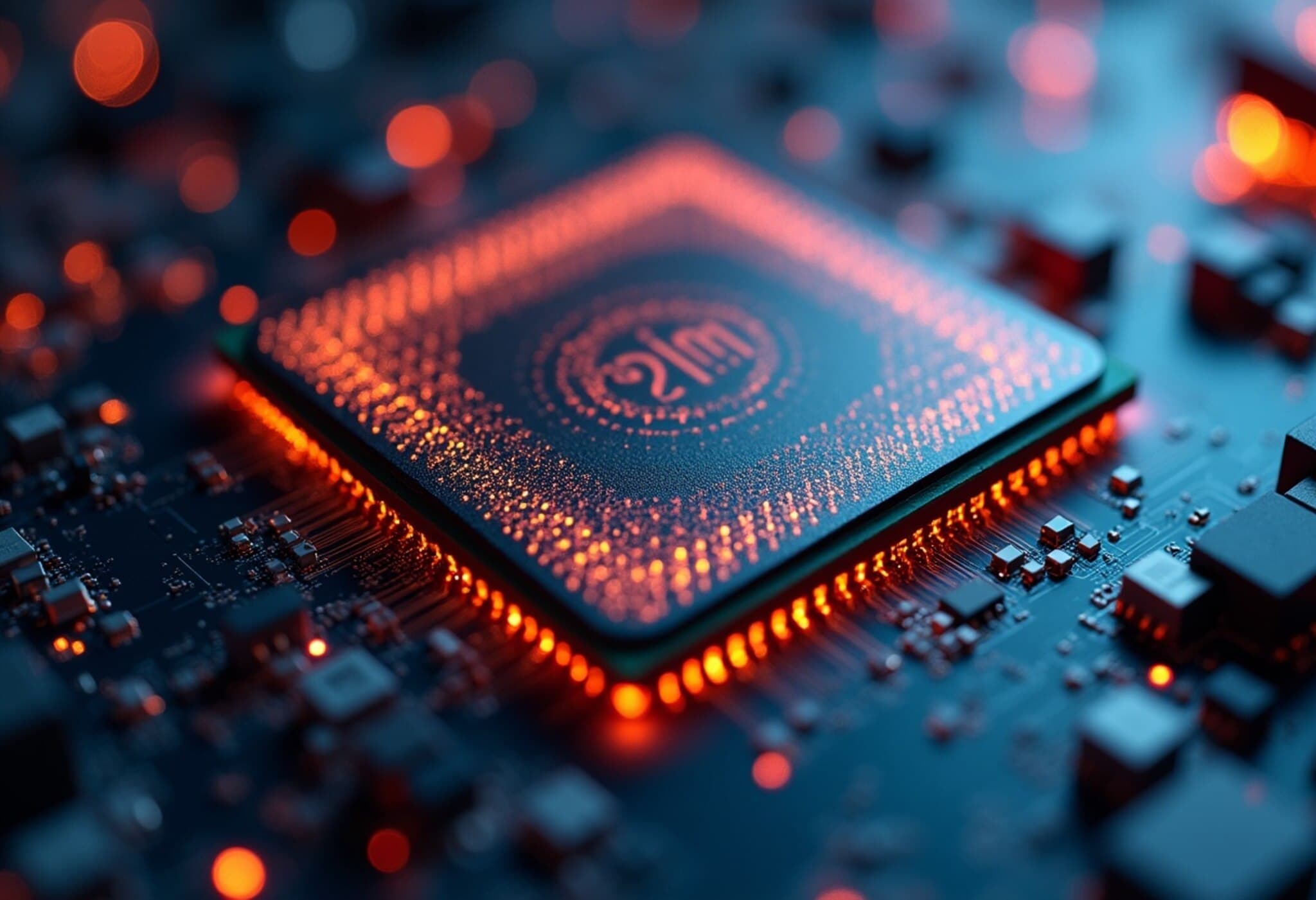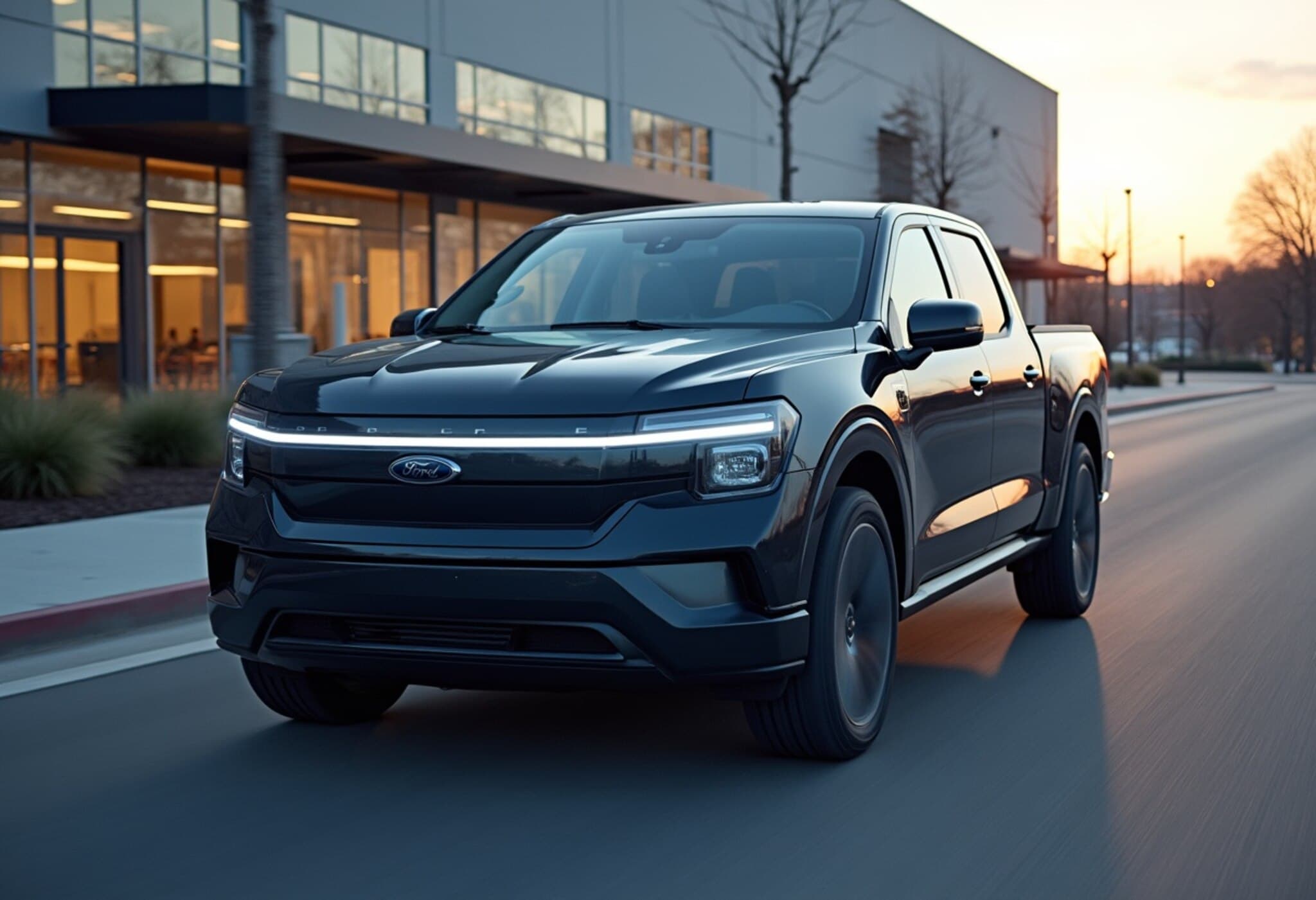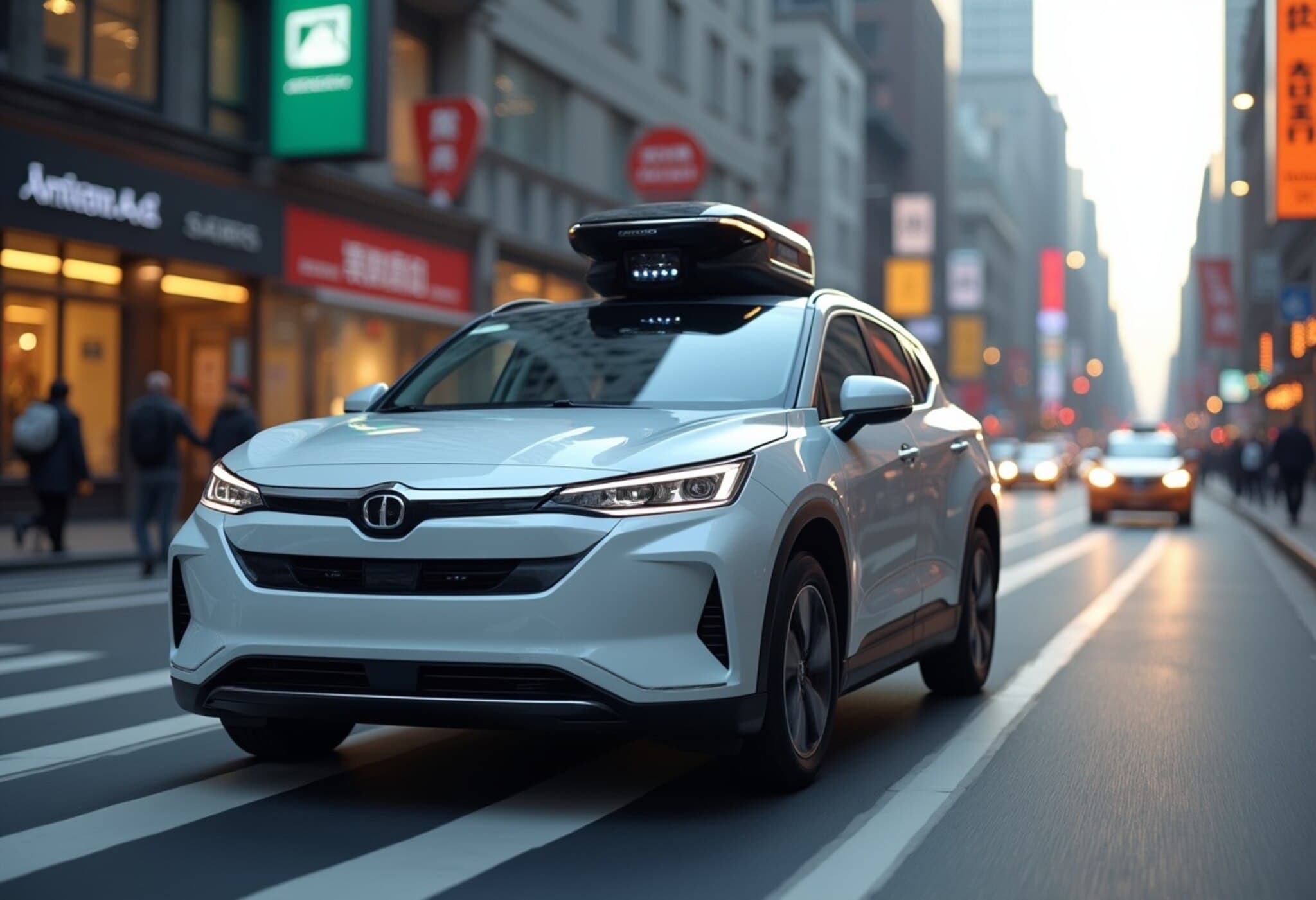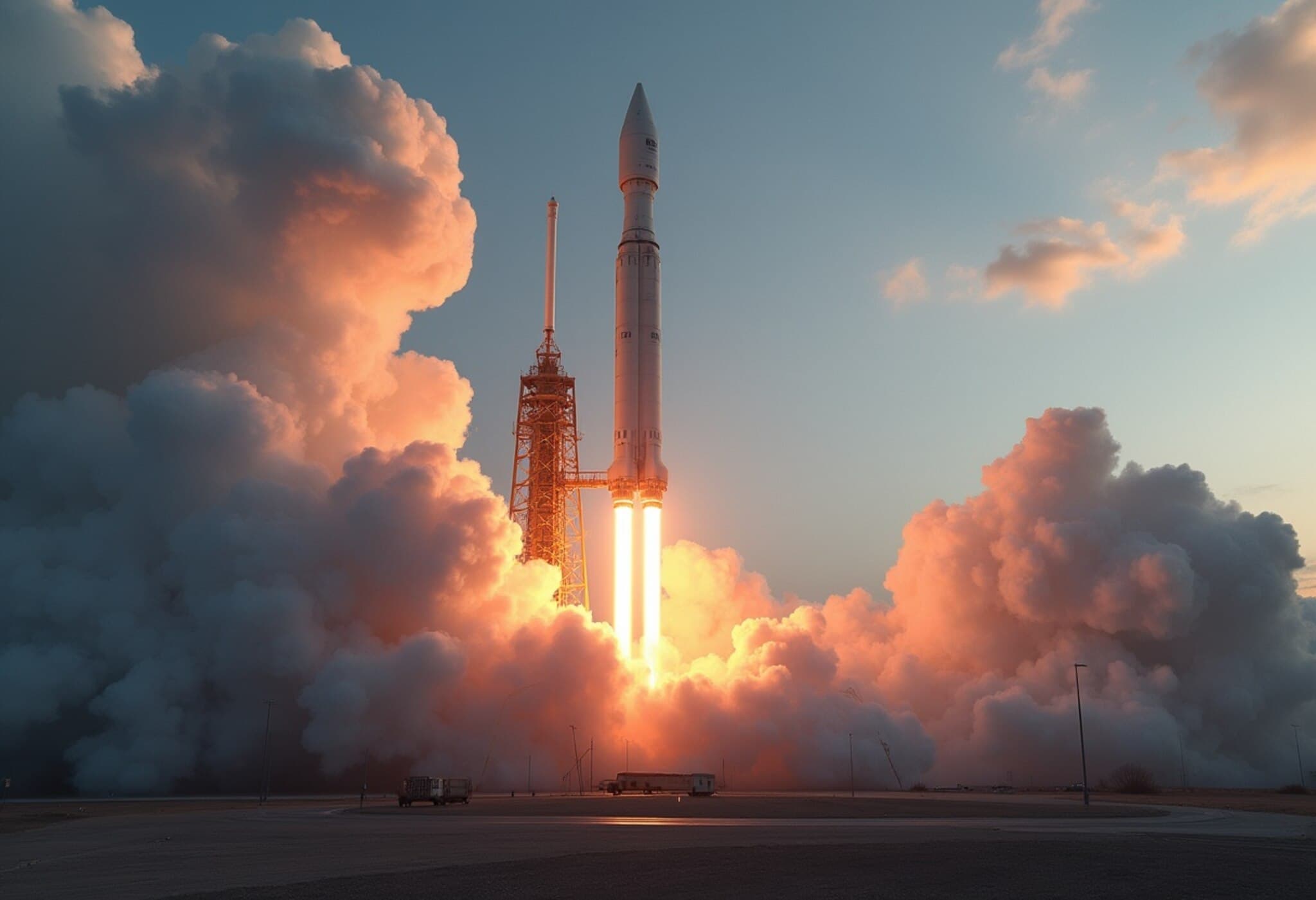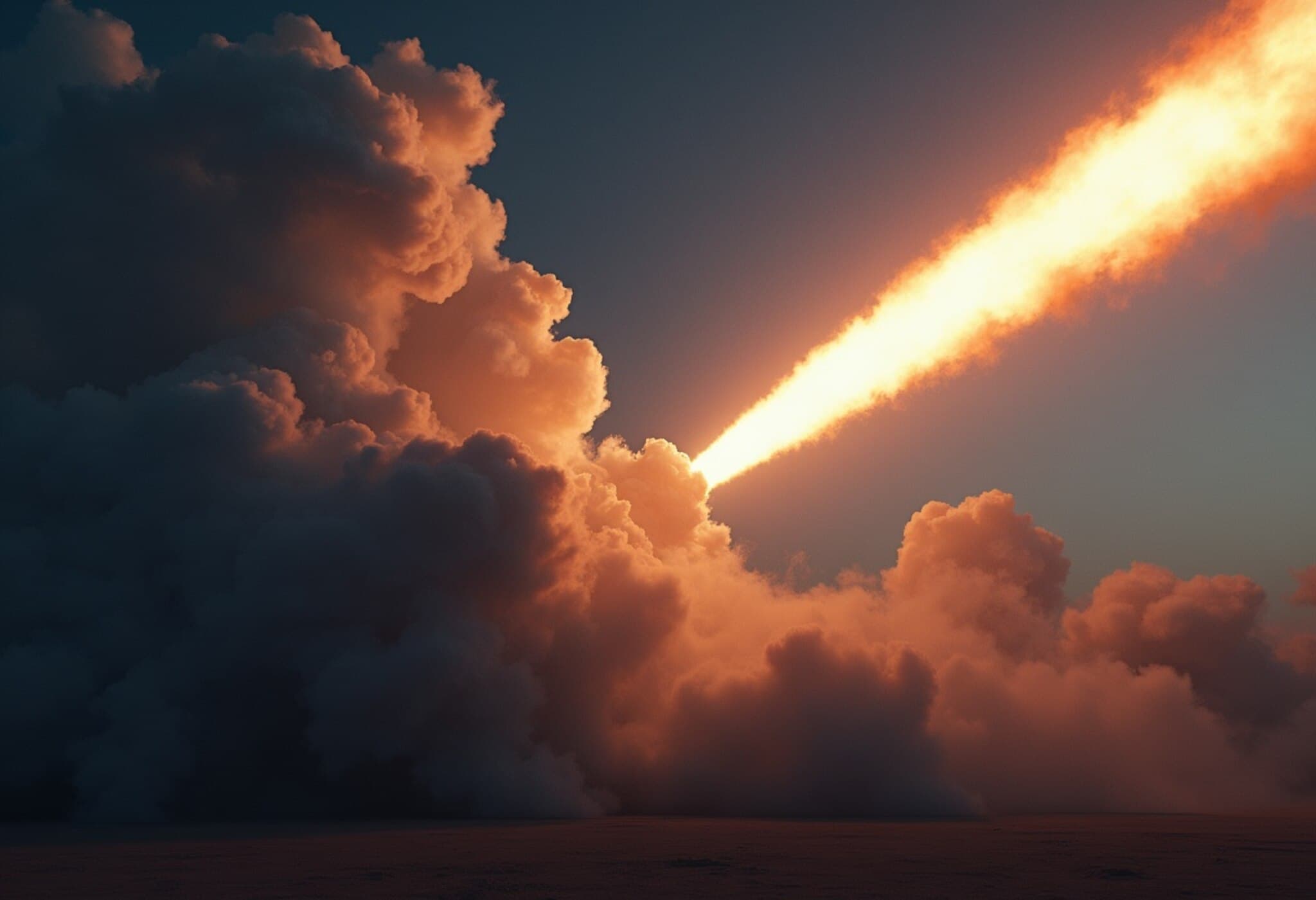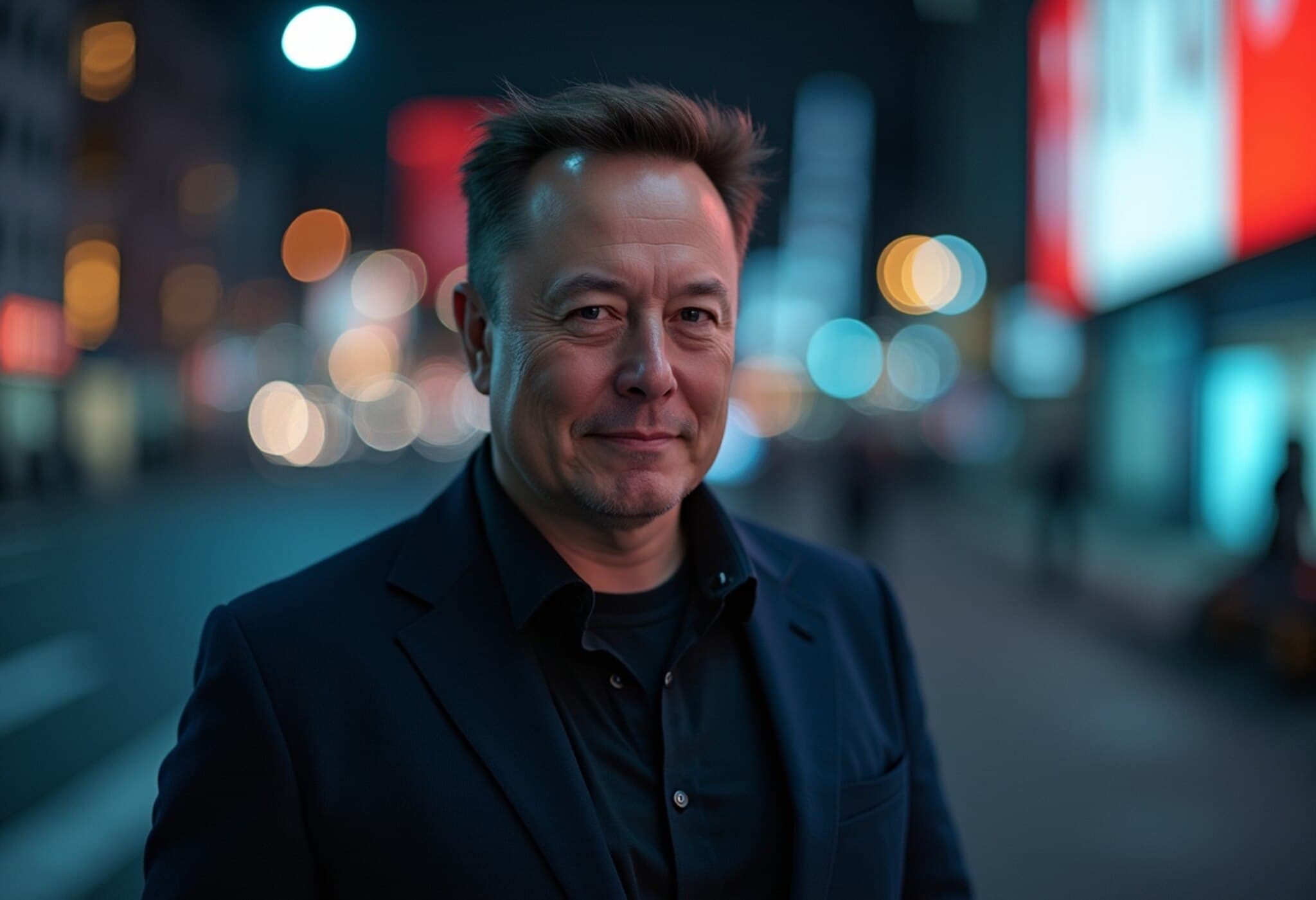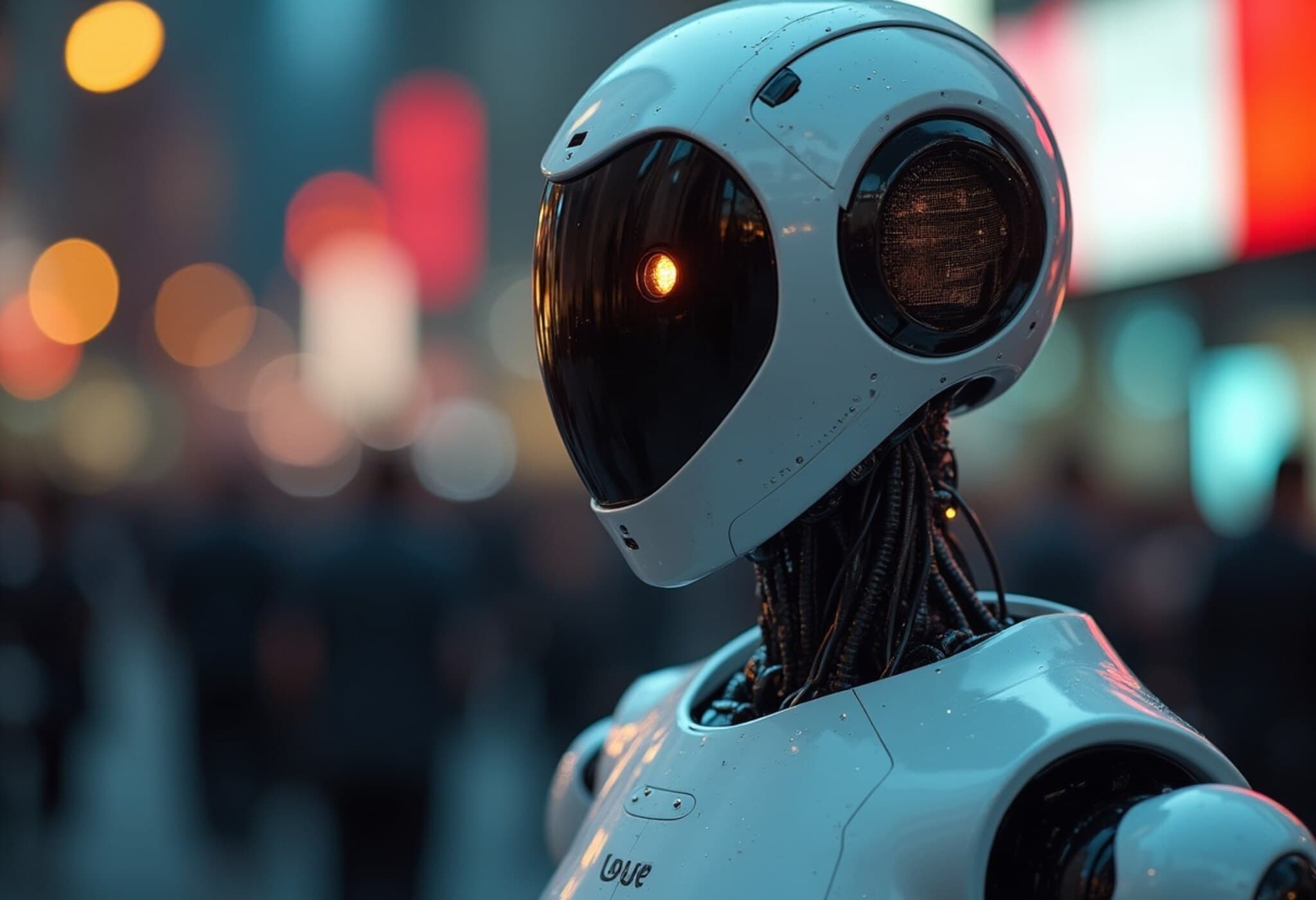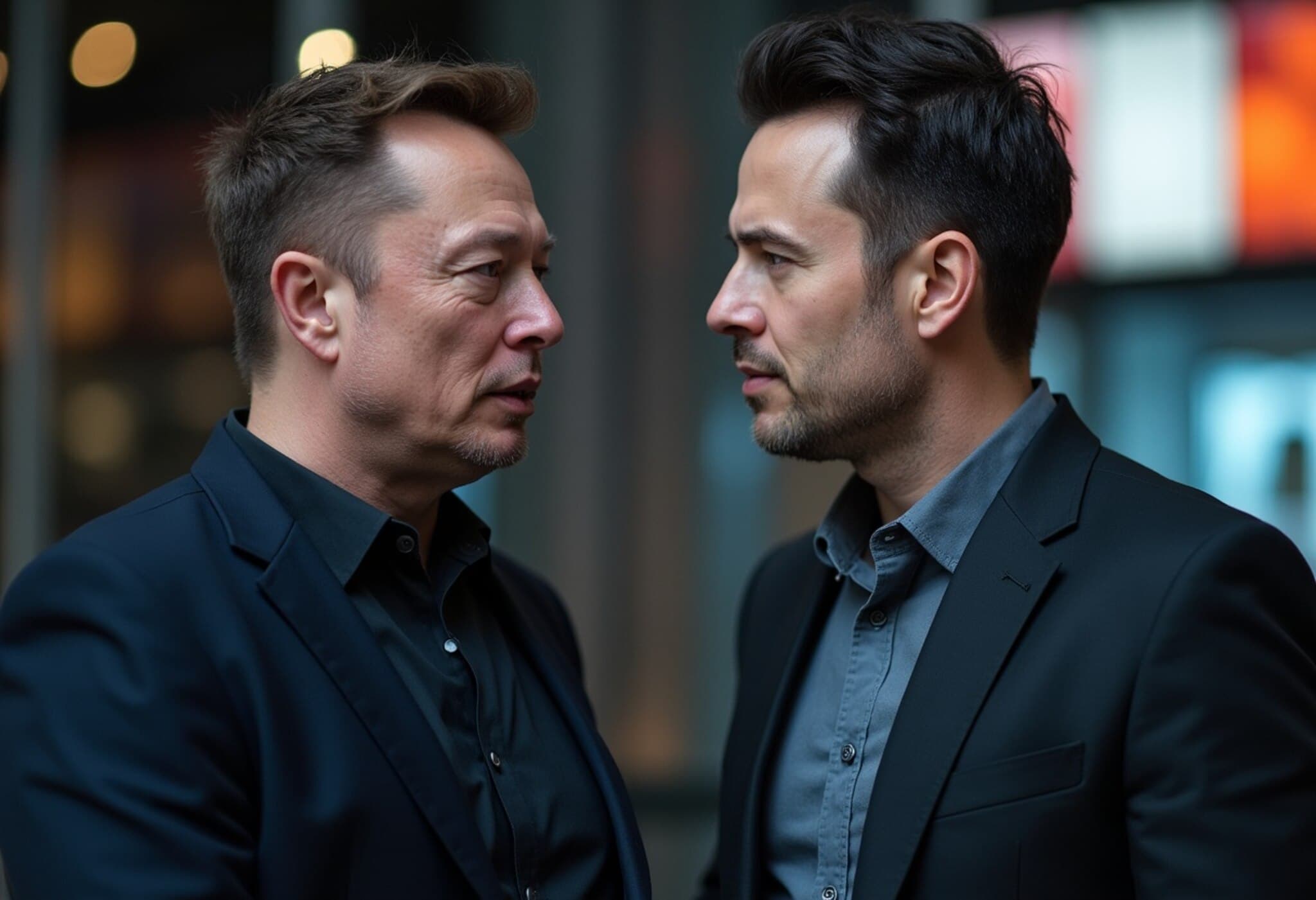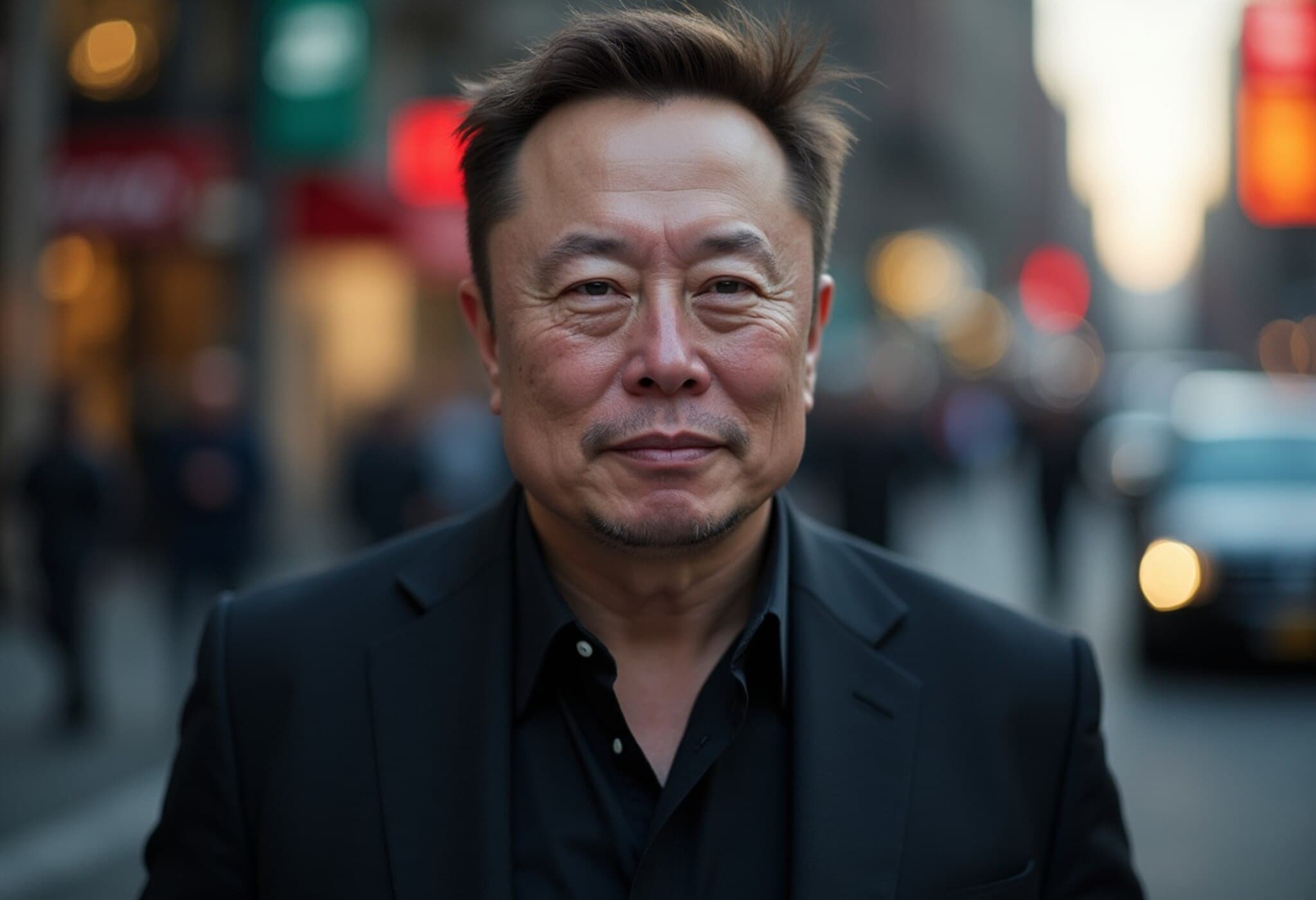Elon Musk Announces Advanced Tesla Full Self-Driving Model Set for Imminent Release
In a recent social media update, Tesla CEO Elon Musk revealed that the company is in the process of training a significantly upgraded Full Self-Driving (FSD) artificial intelligence model. This next-generation system, boasting around 10 times more parameters and substantial improvements in video compression technology, could be ready for public release as early as the end of next month—pending successful testing.
What It Means: The Evolution of Tesla's Autonomy Ambitions
At its core, Tesla's FSD represents a leap toward highly automated driving, designed to enable vehicles to navigate complex roadways and traffic scenarios with minimal driver intervention. However, it remains a Level 2 driver assistance system—meaning drivers must keep hands on the wheel and be ready to take control at any moment. As it stands, FSD upgrades Tesla’s existing Autopilot features, which are already operating in markets including Europe and China.
AI Model Scale and Technological Breakthroughs
When Musk refers to "~10X params," he’s discussing the AI model’s size — a technical metric indicating the complexity and capacity of the neural network. Larger parameter counts usually translate to improved understanding and decision-making capabilities by the system, enabling Tesla vehicles to better interpret their surroundings through enhanced camera and sensor input.
Additionally, advancements in video compression losses mean the system can more efficiently process visual data, a critical factor for real-time driving environments where swift and accurate perception is essential.
Strategic Significance Amid Rising Competition
FSD has long been a cornerstone of Musk’s vision to propel Tesla beyond electric mobility into the realm of autonomous transportation—a domain expected to trigger exponential growth in the auto industry. With Chinese manufacturers intensifying competition, especially on autonomous features and EV affordability, Tesla’s investment in cutting-edge AI technology is poised to serve as a pivotal differentiator.
Industry experts note that the successful rollout of a more capable FSD could not only enhance Tesla’s market position but also set stringent benchmarks for autonomy standards globally, especially in the United States where regulatory scrutiny continues to evolve.
Current Challenges: Sales, Stock Performance, and Market Perception
Despite these technological strides, Tesla's core business — new vehicle sales and revenue growth — faces headwinds. The latest quarterly reports showed softness in automotive revenue, partly attributable to slowing demand in key markets like Europe.
This economic backdrop, coupled with recent public relations issues linked to Elon Musk’s political engagements and the dissolution of ties with the U.S. administration, has contributed to a challenging year for Tesla’s stock, which has fallen more than 23% year-to-date.
Nonetheless, many analysts remain cautiously optimistic, broadly agreeing that Tesla’s long-term future and valuation hinge on its ability to successfully deliver on high-tech features like FSD that promise to revolutionize driving safety and convenience.
Looking Ahead: Testing, Regulation, and Consumer Adoption
- Public Release Timeline: Tesla aims for an end-of-next-month launch if validation phases proceed smoothly.
- Regulatory Hurdles: Autonomous driving technologies must navigate a complex patchwork of regulations, with safety being paramount.
- Consumer Readiness: Adoption depends on driver trust and demonstrable reliability, both of which Tesla has faced scrutiny over in the past.
As Tesla inches closer to unveiling its most ambitious FSD iteration yet, the company stands at a critical juncture between bold innovation and the pressing realities of market dynamics and regulatory oversight.
Editor’s Note
Tesla’s announcement of a substantially upgraded Full Self-Driving AI model marks an exciting, if cautious, leap forward in automotive autonomy. Yet behind the headlines lies a complex tapestry of technological promise, market pressures, and regulatory challenges. Observers should watch closely how these layers unfold in the coming months, as Tesla’s ability to translate AI prowess into practical, safe usage will ultimately determine its success in an evolving global auto industry.





